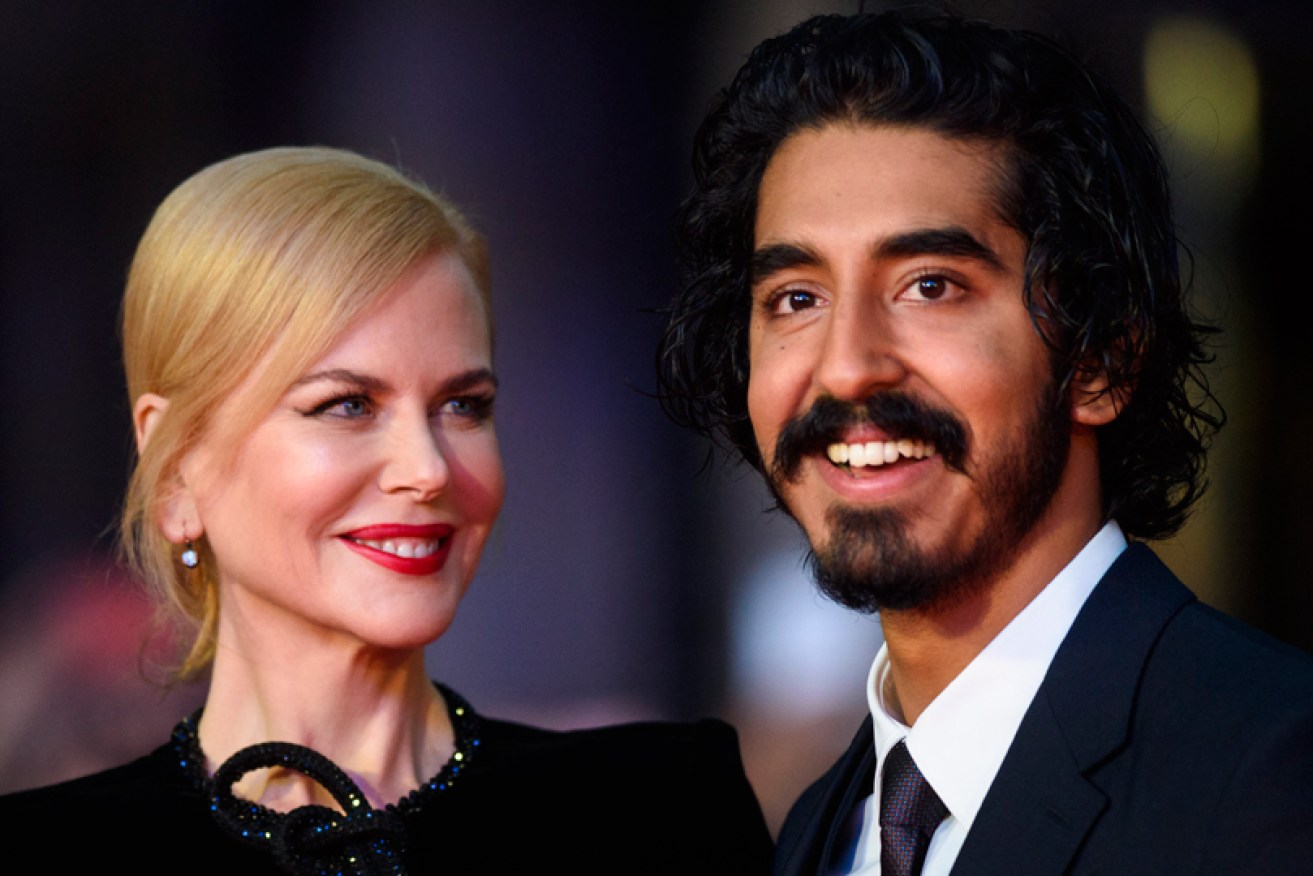Show me the money: The ins and outs of film financing


Media Super and Fulcrum Media Finance helped finance Oscar-nominated film Lion, starring Nicole Kidman and Dev Patel. Photo: AAP
As a nation, Australia spent more on local film and television production in the past financial year than ever before, but it’s not just the film industry that stands to benefit from a successful movie.
Thirty eight Australian films started production in the 2017-18 financial year, plus 36 TV dramas and 10 children’s programs, according to the latest Screen Australia Drama Report.
For some, these productions will generate a tidy profit, but others will face some serious losses; The New Daily decided to look at how film financing produces its winners and losers – and whether or not you should get involved.
Two main arrangements
Would-be film financiers have two main choices for putting their money into a project – by taking an equity stake in a movie, or by providing a loan to the producers.
Barry Sechos, director with Fulcrum Media Finance, said equity stakes are the riskier of the options.
Equity investors need the film or TV show they put their money into to be a commercial success if they want to see any returns, and many films unfortunately don’t make the cut.
The alternative, and the method Fulcrum uses, is to provide short-term debt financing to producers, which in Australia can benefit from the government’s producer offset – a tax arrangement that rebates producers up to 40 per cent of the money they spend in Australia.
Businesses like Fulcrum provide producers with the cash flow they need to make their film. The producers can apply for the tax offset and pay their rebate back to Fulcrum, including interest, making the film’s subsequent commercial success irrelevant.
Fulcrum Media Finance business and legal affairs manager Max Dalton added that any film applying for this offset will need to have a theatrical release on a commercial scale before it qualifies.
Industry superannuation fund Media Super finances film and TV through this method, in partnership with Fulcrum, and in the past eight years has pocketed an average annual return of 6.4 per cent as a result.
“It also helps bring Australian stories to the screen, and that’s a good thing,” Media Super chief executive Graeme Russell said.
So far the partnership has produced some award-winning movies and TV shows, including The Dressmaker, Lion and Rake, with several more high-profile films still in the pipeline, including the Sam Neill-starring Ride Like A Girl – the story of Melbourne Cup-winning jockey Michelle Payne.
No winning formula
For those interested (or invested) in a film’s commercial success, things get a little trickier, and picking a hit is very difficult.
“I often compare it to horse racing and gambling. There’s no winning formula,” said Monster Pictures business manager and head of sales Grant Hardie.
Monster Pictures is a film distributor that specialises in genre films, buying the rights to independent and underground films (including a number of Australian titles) and putting them out into the world via DVD sales and theatrical runs.
Mr Hardie told The New Daily that selecting titles that will make money is difficult, but there are a number of things would-be investors can look for.
A well-known cast, big studio and attractive artwork and trailers will all help snare more interest at the box office and in home video sales, Mr Hardie said.
That’s not much help for independent film distributors like Monster Pictures, he joked, but certainly things worth considering.
Getting involved?
Currently there’s no easy way for ordinary Australians to finance a film through the kind of debt arrangement used by Fulcrum Media Finance and Media Super, according to Fulcrum’s Mr Sechos.
Even funds designed to allow everyday Australians to put their money into the film industry by way of an equity stake have struggled and regularly folded.
“If you’re lucky enough to put your money into a Crocodile Dundee or a Lion, you’re going to do well. But the bulk of those films just don’t offer the returns to justify an equity investment,” he said.
Nevertheless, Mr Sechos said the government’s producer offset has been incredibly successful, and the future of Australian film looks healthy.








